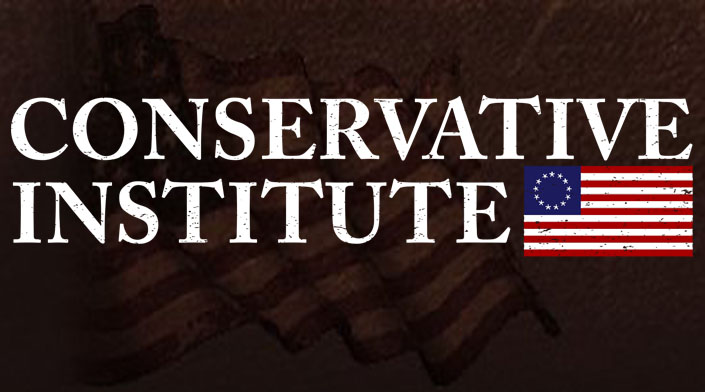Supreme Court's Chevron reversal put lawwriting responsibilities back on Congress
As one guest columnist, a lawyer who has worked for both the House of Representatives and the Senate, pointed out in a piece for The Tennessean, members of Congress will have to earn their paychecks again by actually writing laws.
Prior to the recent U.S. Supreme Court reversal of Chevron v. Natural Resources Defense Council, Congress essentially delegated law writing to federal agencies, who had far too much power to implement the regulations and laws that most of us deal with on a daily basis.
In his piece, attorney Cameron Smith explained how the system was working prior to the Chevron ruling, and it wasn't good.
He described the previous system as an "incestuous relationship between Congress and federal regulators."
What's going on?
Smith described law writing at the hands of Congress as a "shell game" with the American people, noting that the "legislative branch has lazily delegated its authority to the executive branch."
He wrote that for "generations," lawmakers have given much of their authority to federal agencies, as writing specific legislative provisions leave more open to attack by opponents.
The attorney went on to provide a quick example of how the system works overall, at least prior to the most recent ruling that stripped federal agencies of the ability to essentially make all the rules.
He noted:
The shell game gives Congress a bureaucratic political buffer. Take immigration regulation for example. President Joe Biden reversed many of President Donald Trump’s regulations immediately after taking office. Angry voters call their representatives who commiserate with their constituents and lament the unelected bureaucrats’s regulatory overreach.
Sadly, nothing can be done to address the rule because the other party in Congress won’t agree to reject the new immigration rule.
The problem, Smith wrote, is that "rarely" does Congress ever take the initiative to call back its authority or reject regulations put forth by the executive branch.
He also correctly noted that should a regulation prove to be popular, congressional lawmakers are usually the first to brag about it, as if they did all the work themselves.
Supreme Court intervenes
Finally, earlier this year, the conservative majority Supreme Court flipped the process on its head.
Smith wrote:
Just in time for Independence Day, the Supreme Court held that courts must interpret the law instead of federal agencies. It overturned Chevron and gave new life to the herring fishermen’s case and likely spawned countless new challenges to overreaching federal regulation.
He explained that as a result of the ruling, Congress now has to do the bulk of the work, and can no longer offer a "wink and a nod" to the executive branch.
"The legal positions of everyday Americans are now on even footing with the bureaucrats. Those seeking to rein in regulators may not prevail, but at least they have a chance," Smith concluded.

